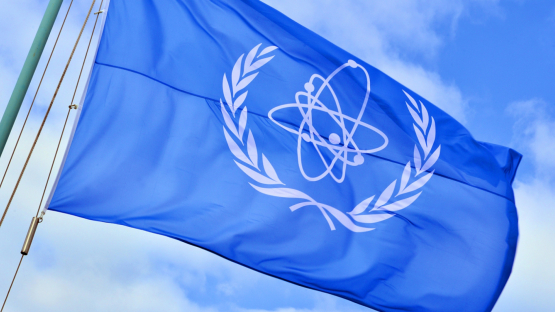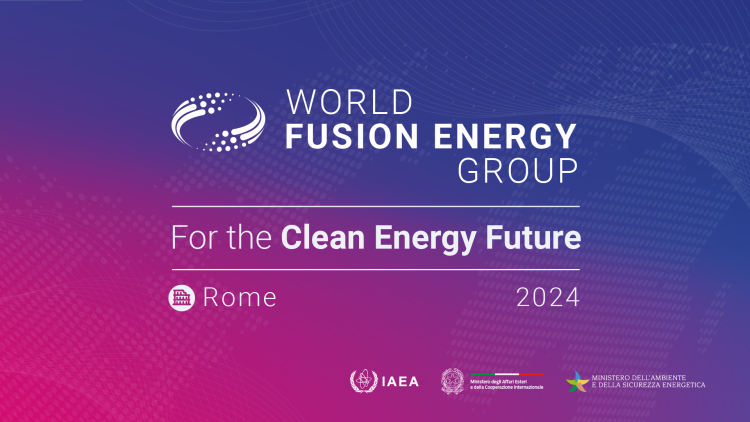IAEA promoting nuclear energy with G20
The International Atomic Energy Agency launched a collaboration with the Group of 20 this week to highlight the key role that nuclear energy can play in achieving energy security and climate-change goals.
The aim of this first-of-its-kind partnership with G20—the world’s largest economic group—is to build momentum for nuclear power. This is the first time the IAEA has presented to G20 on issues relating to nuclear power.
According to the IAEA, investments in nuclear power will need to more than double from current levels—to more than $100 billion annually—if the world is to reach net zero. This estimate is in line with guidance issued by the International Energy Agency.
Quotable: “The global clean energy transition requires nuclear energy—that is absolutely clear," said IAEA director general Rafael Mariano Grossi. "In the past months the world has embraced that fact in several milestones, including by nuclear’s inclusion in the first Global Stocktake at COP28; in the pledge by more than 20 countries to triple nuclear capacity, and also in our landmark Nuclear Energy Summit last month.”
Grossi continued,“Energy is absolutely fundamental to society. Countries need to plan carefully so that their people have access to reliable, affordable, and sustainable sources. The IAEA assists developing and developed countries in this endeavor, and that includes working with the experts within the G20.”
Background: The IAEA kicked off its participation with the G20 at an in-person meeting last week in Brazil, where the agency laid out how policy shifts and better access to financing mechanisms are essential to scale up nuclear power to the level needed for the world to reach net zero by 2050.
It was the agency’s first trip to Brazil, and officials attended as the invitee of the president to work with the Energy Transitions Working Group, a subgroup of the G20.
The plan outlined in the IAEA’s Nuclear Energy for Net Zero: Accelerating Investment in the Clean Energy Transitions gives an overview of nuclear power in the clean energy mix, underscoring the need to speed up nuclear investments, especially in emerging markets.
What’s next: The IAEA will be making a series of contributions to the working group throughout 2024, providing information on nuclear energy’s key role in the net zero transition.
For the next working group meeting at the end of May, the IAEA will release a toolkit produced for the G20 on sustainable energy planning.
The IAEA’s technical work with the G20 will culminate in October when it releases another report, Climate Change and Nuclear Power 2024: Financing Nuclear Energy in Low Carbon Transitions. The new report will examine nuclear project financing for low carbon transitions and will publish in the run-up to the G20 Presidential Summit and COP29.
A closer look: Nuclear energy already plays a key role in most of the G20 countries, which is the main forum for international economic cooperation, representing 85 percent of global economic output, more than 75 percent of global trade, and two-thirds of the world’s population. Of the G20 countries, 14 operate nuclear power plants, two are considering adding the technology to their energy mix, and six joined the pledge to triple nuclear capacity by 2050 made at COP28 in Dubai.
The energy working group will prioritize three main themes:
- How to accelerate financing of energy transitions, especially in emerging markets and developing economies.
- The social dimension of the energy transition.
- Perspectives of sustainable fuel innovation.
“The outlook presented by the IAEA tells a very important story around the scientific consensus on the role of nuclear energy to reach net zero, highlighting the acknowledgment of the role of nuclear in climate agreements and the recognition by the International Panel on Climate Change and climate experts that nuclear is needed to achieve net zero,” said Thiago Barral, secretary of planning and energy transition of the Ministry of Mines of Brazil. "It is fundamental to bring this to the [working group] discussions."






